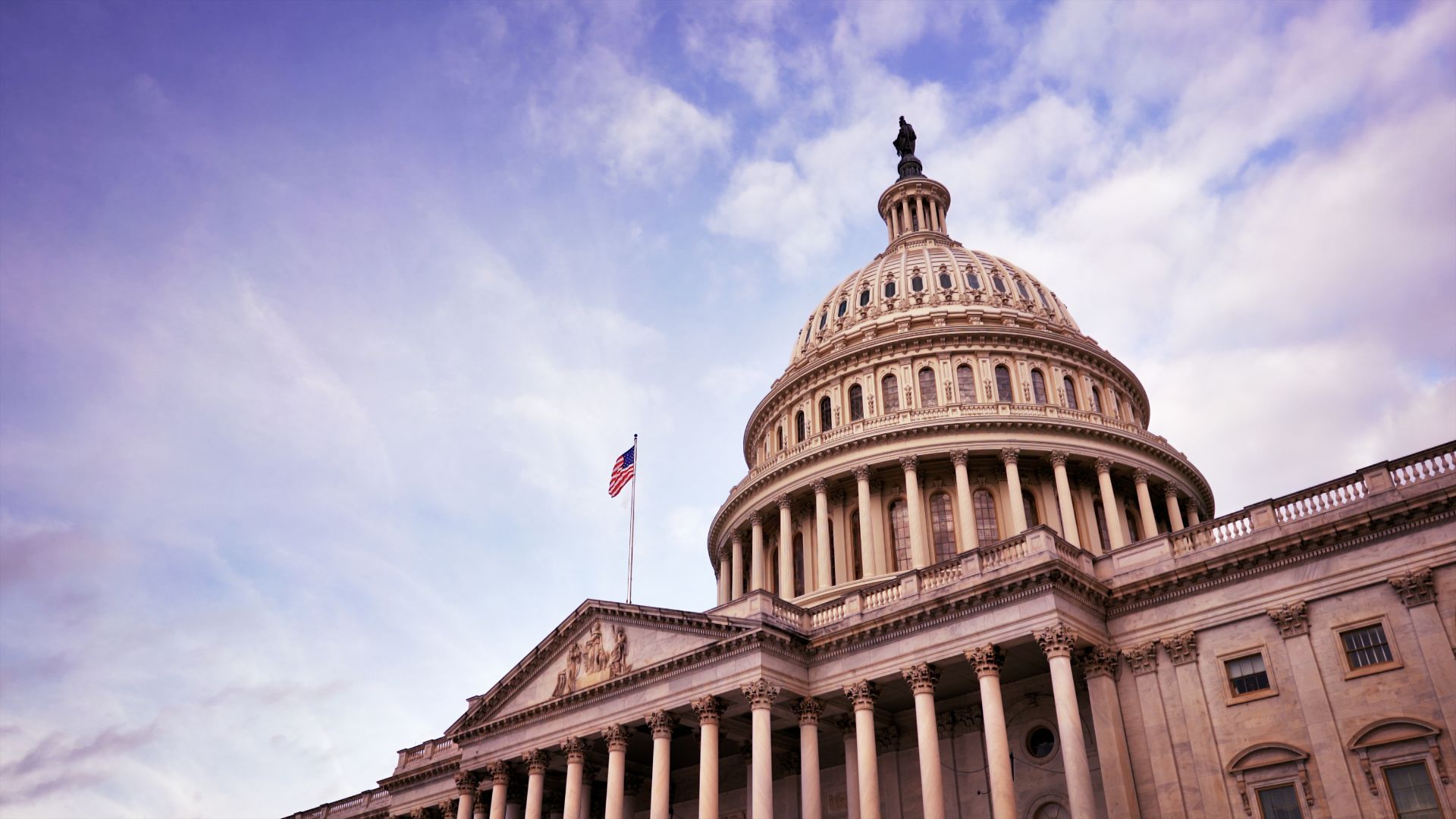At the time of writing, 25 states across the US have introduced some kind of age verification law, with even more taking steps to introduce one.
These laws have sparked a flurry of concerns from citizens with regard to free speech and data privacy, with many residents of the affected states turning to software like the best VPNs to circumvent checks.
Here, we take a look at the history of age verification laws across the US, from the first states to introduce them, to potential laws that are expected to come into effect later this year.
2023
- January 1, 2023 – Act 440 goes into effect in Louisiana, requiring sites with a “substantial” amount of adult content (one-third or over) to employ age verification systems.
- May 3, 2023 – SB 287 is passed in Utah, requiring sites hosting adult content to verify users are over 18 using a digital verification card. A clause within the law prevents it from going into effect unless five other US states implement similar laws.
- July 1, 2023 – SB 2346 goes into effect in Mississippi, requiring websites that contain “a substantial portion of material that may be harmful to minors” to verify users are over 18 via commercial age verification systems or valid government ID.
- August 1, 2023 – HB 77 goes into effect in Louisiana, giving the Louisiana Attorney General the power to investigate adult websites that do not perform age verification.
- September 19, 2023 – HB 1181 goes into effect in Texas. This House Bill requires sites hosting adult content to verify that users are over 18 by implementing “reasonable” age verification measures.
2024
- January 1, 2024 – HB 8 goes into effect in North Carolina, meaning that sites hosting adult content must use a “commercially reasonable method of age and identity verification” to verify users are over the age of 18.
- July 1, 2024 – H 498 takes effect in Idaho, meaning that “commercial entities that publish or distribute material that is harmful to minors on the internet” must employ “reasonable” age verification systems.
- July 15, 2024 – HB 278 takes effect in Kentucky, making it illegal for sites that are “in the regular course of trade or business to create, host, or make available content that meets the definition of matter harmful to minors” to not employ age verification methods.
- July 18, 2024 – The Nebraska Online Age Verification Liability Act goes into effect. This law requires sites that host adult content to employ “reasonable” age verification methods.
- August 16, 2024 – SB 17 goes into effect in Indiana, requiring “adult oriented website[s]” to employ “reasonable age verification method[s]”.
2025
- January 1, 2025 – H 3424 goes into effect in South Dakota, making it illegal for sites which host a “substational portion” of adult content to not employ “reasonable age verification systems.”
- January 13, 2025 – SB 1792 takes effect in Tennessee, meaning all adult sites must employ “reasonable” age verification methods. Once a user’s age has been verified, this only lasts for 60 minutes, and they must verify their age again once these 60 minutes have passed.
- March 21, 2025 – AB 105/SB 108, an age verification mandate, is referred to the Senate committee in Wisconsin. The mandate would not only require sites hosting adult content to verify that users are over 18 using either government ID or transactional data, but also require them to block VPN traffic to prevent circumvention of age verification.
- April 9, 2025 – SB 603 is introduced and referred to Judiciary committee in Pennsylvania. This law would require sites that “publish or distribute” a “substantial portion” of adult content to implement “reasonable” age verification methods to ensure users are over 18.
- May 6, 2025 – SB284/HB4429, also known as the Digital Age Assurance Act, is introduced and referred to committee. Under the Act, device manufacturers would be required to share an age signal via an API when a user attempts to access any site or app that requires age verification. If a site or app hosts a “substantial portion” of adult content, it must block access if it receives an age signal that indicates that a user is under 18 years old. The age of the user would be determined or estimated by the device manufacturer.
- May 7, 2025 – Missouri 15 CSR 60-18 is published in the Missouri register. This law would require sites that host more than 1/3 of content that can be considered harmful to minors to introduce age verification systems that use digital ID, other government-issued ID, or transactional data to determine whether or not a user is over 18 years old. It would also require mobile operating systems to provide digital ID cards “that a website or application can use to comply with” the law. The law is expected to take effect on November 30, 2025.
- June 16, 2025 – HF 864 is referred to the Senate Technology Committee in Iowa. The Act concerns “certain commercial entities who publish or distribute obscene material on the internet”, and if passed, would require them to employ “reasonable” age verification methods.
- July 1, 2025 – HB 1053 goes into effect in South Dakota, requiring sites that contain content that is “harmful to minors” to employ age verification systems.
- July 1, 2025 – HB 48 goes into effect in Wyoming, requiring any “entity that operates a website that, in the regular course of business, creates, hosts or makes available content that is material harmful to minors that is provided by the entity, a user or other information content provider for purposes of making a profit” to employ “reasonable age verification methods to verify the age of all persons accessing or attempting to access the material.”
- August 1, 2025 – SB 2380, an age verification mandate, goes into effect in North Dakota. It states that sites that host adult content “must be held liable” if the sites fail to perform “reasonable age verification methods” to verify the ages of those using the site.
- September 26, 2025 – HB 2112 comes into effect in Arizona. In order to access adult content online, Arizonians must provide a valid ID.
- September 30, 2025 – HB 96 goes into effect in Ohio, meaning that sites which host a “substantial” amount of content that is “obscene or harmful to minors” must employ “reasonable” age verification methods.
- November 30, 2025 – Missouri 15 CSR 60-18 is expected to come into effect.
Why do some people oppose age verification laws?
The main concerns surrounding age verification laws are regarding data privacy and safety.
Age verification techniques can vary between platforms. However, they always involve submitting personal or sensitive data, from scanning a photo ID to inputting your payment card details.
Many people are concerned about whether or not their data will be safely and appropriately handled, and the potential ramifications if their data is leaked.
This is why some concerned citizens are using workarounds, like VPNs, to circumvent the age verification checks and avoid submitting their personal or sensitive information in order to access content restricted by these laws.
While it isn’t illegal to circumvent age verification checks, some new laws in the US have proposed that VPN traffic be blocked by sites that require age verification.











